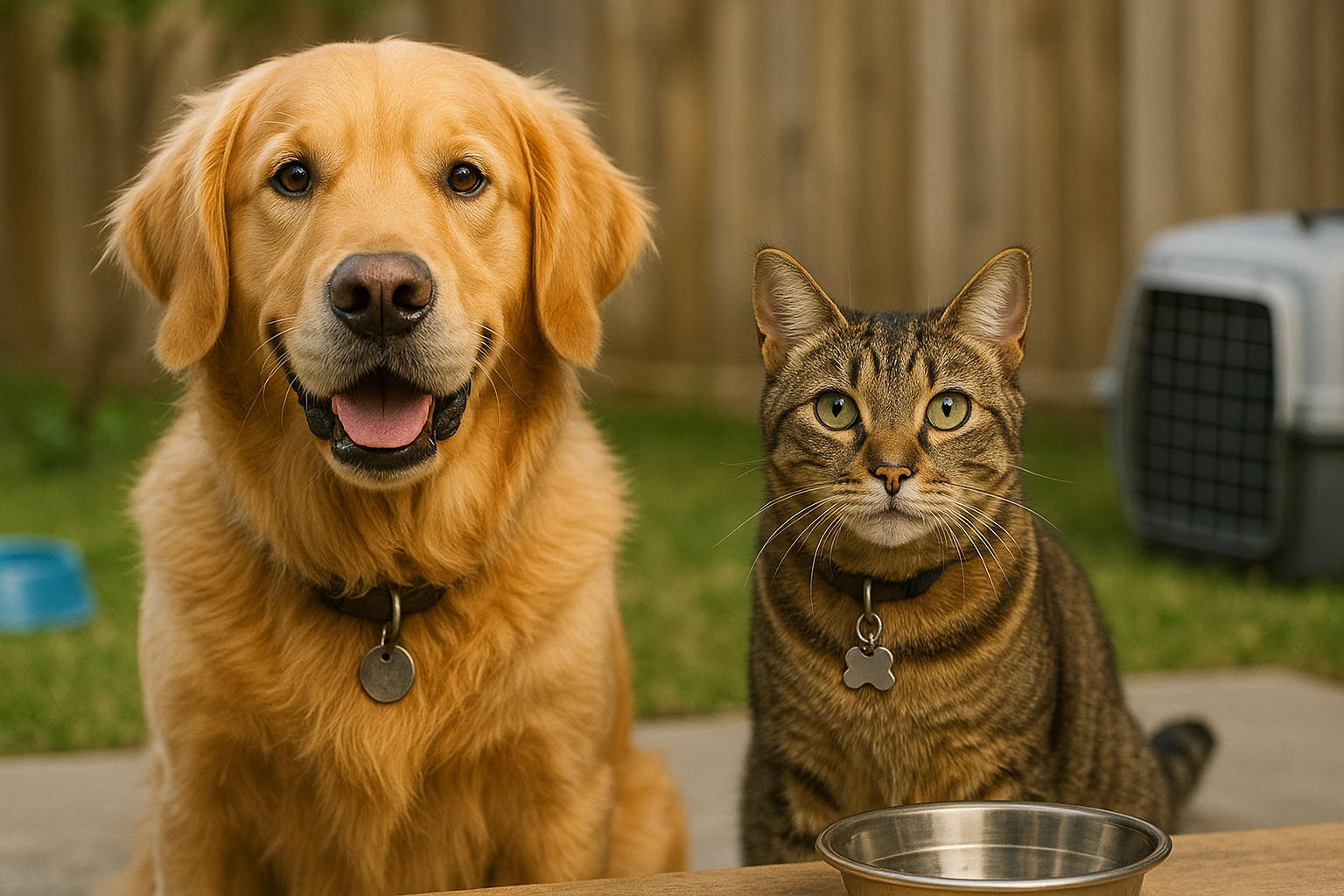Choosing a pet is like bringing a new story into your home, a story filled with trust, discoveries, and many moments shared together. Caring well for a pet happens when we see them not just as little creatures that need care, but as friends with special needs, just like us.
What Does It Really Mean to Honor This Bond?
Every animal is born nameless; it is the names and tags we give them that connect them to us and help them return home when they are lost. More than mere decorations, identification—such as collars, microchips, and name tags—is a promise that a friend will never be lost in the crowd. It is a responsibility we have every time we change our address or phone number, and every time we check to ensure everything is correct. Safety is also about paying attention to which doors might be dangerous and which windows allow the breeze but also pose risks.
Health as a Continuing Conversation
Caring well for an animal is not something that remains static. Being healthy is more than not being sick; it involves having a good relationship with the veterinarian, learning new things, and understanding the signals from the animal that cannot speak but always tries to communicate. Each annual exam and preventive care is like a lovingly asked question: “Are you doing well?” Simply giving vaccinations and parasite medications is not enough. True care is about paying attention to the little signs: whether the animal is eating less, seems sad, or does not want to play. Each of these signals is a chance to help before they become ill.
Nutrition: More Than a Meal
What fills your pet’s bowl shapes their hours, their energy, and even their temperament. Feeding carefully is both science and empathy. Read the labels not as marketing but as a form of inquiry; ask what matches your animal’s age, breed, quirks, and sensitivities. Wash the bowl daily. Offer water as fresh as your intention. Human treats are for humans—let those boundaries protect both hearts and health.
Minds and Muscles—Each Day Anew
What makes a day interesting for your pet? A daily walk may be enough for some, but others need novelty: a new path, the scent of another dog, a favorite toy rediscovered. Indoors, create spaces for play and rest: high shelves for cats, soft beds for dogs, safe corners for those who are naturally shy. Teaching a new trick, hiding kibble for a game, responding with joy every time your pet invites you—these are the things that prevent not only boredom but also loneliness.
Cleanliness as Compassion
Brush the fur to find hidden tangles and small bumps before they cause pain. Trim the nails before movement becomes painful. Clean the ears, wipe the eyes, check the teeth not for appearance but for comfort and the silent threats of decay or infection. Bathing for some pets is more of a ritual than a necessity; for others, it is a form of reassurance. Let grooming be a time for a gentle conversation—no rushing, no force.
Building Trust—One Encounter at a Time
Your pet learns not only from you but also from the world you show them. Introduce new people, objects, and experiences slowly, reading their signals with humility. Reward courage, ignore accidents, and avoid anger; patience turns confusion into confidence. Good behavior is not trained overnight but shaped, like character, with each loving boundary you uphold.
Growing Tender with Age
One day, you notice that your furry friend climbs stairs more slowly or gets tired after playing. Getting older doesn’t mean they are declining; it’s just a new phase. Help them with more comfortable beds, take them to the vet more often, and above all, be gentle. Let older animals choose the pace. Pay attention to whether they are sleeping more, eating less, or just wanting to be near you.
A Short Handbook for the Journey
- Give your pet a name and your promise to bring them home if lost.
- Make health a dialogue, not a checklist.
- Feed for vigor, for satisfaction, for the body they inhabit.
- Move together and create new games for older minds.
- Care for bodies as you do for souls: with honesty, consistency, and affection.
- Teach through guidance, not force.
- Learn from age and welcome its lessons.
In the End, Only This:
To be a special guardian is to understand that small acts, like bathing, cleaning ears, or calming during a thunderstorm, are not merely chores but expressions of love. Your pet does not need you to be perfect; they need your presence: a companion on this journey, always attentive and kind. If one day you want to start something new with your pet, ask: what more can we discover together?
